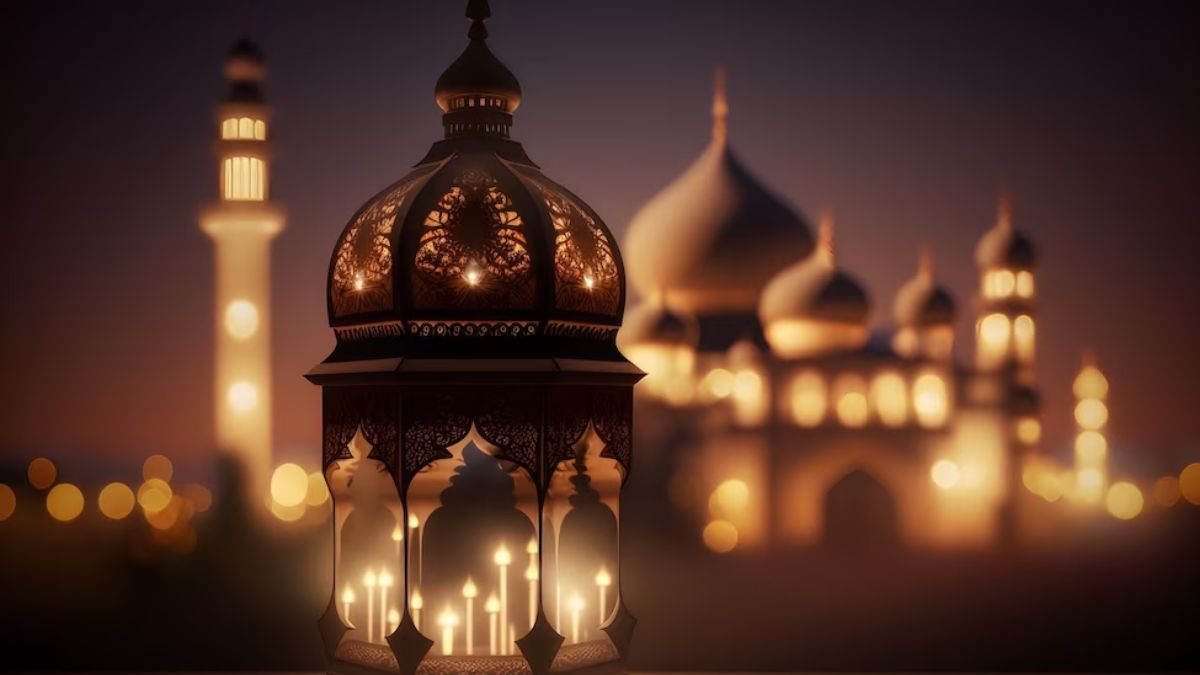- By Imran Zafar
- Sat, 29 Jul 2023 09:00 PM (IST)
- Source:JND
Muharram is one of the significant months in the Islamic lunar calendar and holds special importance for Muslims across the globe. It marks the beginning of the Islamic New Year and is observed with reverence, especially in the Indian subcontinent. The month of Muharram is a time for reflection, remembrance and mourning for the martyrdom of Imam Hussain, the grandson of Prophet Muhammad who was killed in Karbala, Iraq in 680 AD.
The Tragedy Of Karbala
Imam Hussain, along with his family and a small group of supporters, faced a large army led by the Umayyad caliph Yazid in Karbala, Iraq. Yazid's army, under the command of Umar ibn Sa'ad, surrounded Imam Hussain and his supporters, cutting off their access to water and essential supplies.
Despite being heavily outnumbered, Imam Hussain refused to surrender or pledge allegiance to Yazid. He firmly believed that preserving the true essence of Islam was more important than submitting to a tyrant. On the eve of Ashura, the 10th day of Muharram, Imam Hussain gathered his companions and family members to prepare for the inevitable battle.
On the day of Ashura, the clash between the family of Prophet Muhammad and army of tyrant Yazid began. Imam Hussain and his small band of followers, including his half-brother Abbas, his son Ali Akbar and his nephew Qasim, his friend Habib displayed unparalleled courage and valor in the face of overwhelming odds.
Despite facing insurmountable odds, Imam Hussain and his companions stood firm in their principles and sacrificed their lives for justice and truth. As the battle intensified, the enemy forces closed in on Imam Hussain. In a heart-rending moment, he held his infant son, Ali Asghar, in his arms, pleading for water for the thirsty child following which a treacherous arrow struck the baby, causing his death in his father's arms.
The Battle of Karbala concluded with the martyrdom of Imam Hussain and his loyal companions, leaving behind a profound legacy of sacrifice, courage, and unwavering faith. The tragic event of Karbala has deeply influenced the spiritual consciousness of Muslims across generations, inspiring them to uphold the principles of justice, truth and resistance against oppression. This event is remembered annually during the month of Muharram to honor their sacrifice through various rituals and traditions.
Rituals And Traditions
Majlis and Mourning Gatherings: Throughout the month of Muharram, Majlis or mourning gatherings, are held in mosques, imambargahs (Shia gathering places) and even homes. Religious scholars and orators narrate the events of Karbala, emphasising the lessons of sacrifice, resilience and standing up against oppression.
Tazia Processions: One of the most distinctive rituals of Muharram in the Indian subcontinent is the Tazia procession. Elaborately decorated replicas of the shrine of Imam Hussain are carried through the streets. These processions are accompanied by mourners clad in black, reciting elegies and beating their chests in sorrow.
Noha and Marsiya Recitals: Nohas and marsiyas are elegiac poems recited or sung to commemorate the tragedy of Karbala. These poetic expressions evoke deep emotions among the listeners, reinforcing the spirit of mourning and empathy.
Sabeel and Niaz: In the spirit of charity, Sabeel stalls are set up in various areas to distribute free beverages and food. Devotees participate in Niaz (communal meals) as a gesture of solidarity and compassion towards the less fortunate.
Blood Donation: In a gesture of selflessness and empathy, some communities organise blood donation drives during Muharram, symbolising the spirit of sacrifice and serving humanity.
Muharram holds a special place in the hearts of Muslims in the Indian subcontinent, as it provides an opportunity to remember the martyrdom of Imam Hussain and his 71 companions in Karbala. Through prayers, majlis, processions and various acts of charity, Muharram becomes a time for spiritual reflection and seeking divine blessings. The rituals and traditions associated with this observance foster a sense of unity, compassion and empathy among the Muslim community, strengthening the bonds of brotherhood and reinforcing the values of sacrifice and justice.

